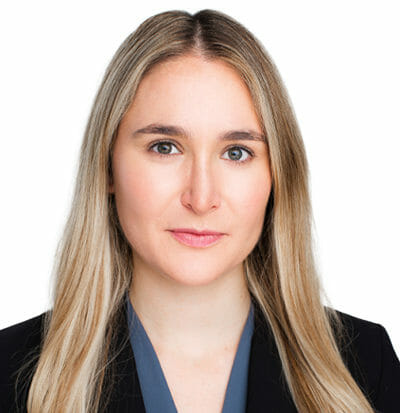No. 301-Aд17-4305
On May 15, 2017, the Supreme Court (highest court) of the Russian Federation upheld a decision of the Russian IP court (No. A43-10065/2016) which, at first glance, appears to undermine a trademark owner’s ability to enforce its marks against unauthorized third-party uses.
The case concerns a Customs seizure of goods imported into the Russian Federation bearing the TRISOLEN mark. The goods were manufactured and sold by Leuna Eurokkomerz GmbH, a German company that owned the mark in Germany. A Russian company, MVT Trade LLC (“MVT”), that owns a Russian Federation registration for ТРИЗОЛЕН (TRIZOLEN in Cyrillic), objected to such import on the ground that TRISOLEN was confusingly similar to its ТРИЗОЛЕН mark. MVT succeeded in the first instance and appellate courts.
In a decision issued on February 9, 2017, however, the IP Court reversed, holding that the importation of goods into Russia bearing a trademark duly registered in the manufacturer’s country of origin could not constitute trademark infringement in Russia. While this decision, on its face, seems to immunize such importation against infringement of a prior trademark registered in the Russian Federation, it must be noted that the case involved a customs seizure and was brought under the Code of Administrative Offenses (“COAO”), The IP Court, based on a 2009 ruling of the Supreme Arbitrazh Court, found that the relevant Art. 14.10 of the COAO (governing trademark offenses) was not applicable to cases where imported goods bear a trademark duly registered by the manufacturer in the country of origin. While one could question the reasoning of this case, it has so far been upheld by the higher courts.
In a different parallel civil trademark infringement case, MVT prevailed before the IP Court (No. A43-26595-2015), a case that the Supreme Court refused to hear, making the IP Court decision final. The lesson to be learned, at least for now, is that in similar cases, trademark owners appear better off enforcing their marks through civil lawsuits rather than Customs/COAO procedures.
















































